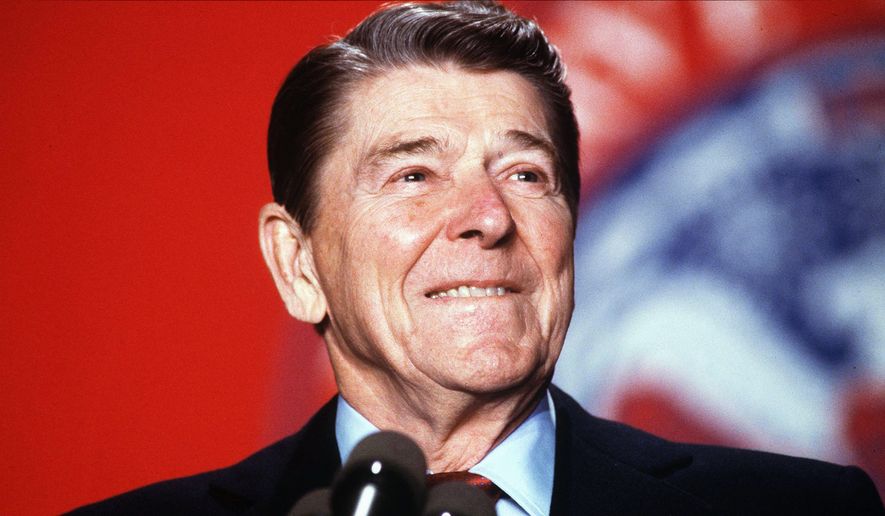OPINION:
We once celebrated the birthdays of George Washington and Abraham Lincoln in February, until several national holidays were moved to Mondays so federal workers could get more three-day weekends. Then President Richard Nixon ordered that Washington’s birthday still be observed on his birthday. Fervor always cools and now most of the states observe something called “President’s Day” on the third Monday of the month, presumably even including Chester Alan Arthur and Rutherford B. Hayes.
The late Sen. Eugene McCarthy once asked whether as part of the generic holiday movement Congress should change December 7th from Pearl Harbor Day to “Ship Attack Day.” He thought the nation should honor giants of the past rather than lump Washington and Lincoln with Martin Van Buren and Franklin Pierce.
The senator had a point. History is important. A nation honors its founders and heroes for a reason. Succeeding generations must know that the nation they inherit was built on the intellect, courage and hard work of those who came before, because they may be called on to make their own sacrifices to pass on to those who follow. It was Ronald Reagan, who was born on this day in 1911, who rightly observed that “freedom is never more than one generation away from extinction.” An understanding of the struggle that birthed a free nation is essential to appreciating and preserving an inheritance. A mule has neither pride of ancestry nor hope of posterity, but ours must not be a nation of mules.
We celebrate our past to understand ourselves. We are what we are because of men like Washington, Lincoln and Ronald Reagan. Washington delivered us from despotism, Lincoln held us together and extended the promise of freedom to all and Ronald Reagan taught that the values and faith that inspired the founders are as relevant today as when the nation was founded.
Americans visit Mount Vernon, Lincoln’s home in Springfield and the Reagan ranch near Santa Barbara to appreciate giants. Lincoln and Reagan in particular were ordinary men who accomplished extraordinary things. No one described them as part of the nation’s elite. They were men of the Middle West who were neither educated at an elite university nor possessed great wealth, but today both are counted among the presidential elite.
Americans get a sense of them not by visiting the monuments or the libraries dedicated to their presidencies, but by visiting the modest home where Lincoln lived and the ranch to which Reagan repaired as actor, governor, president and citizen to think about the challenges he faced. The Gipper loved his modest ranch, “Ranch del Cielo,” in the California mountains. It was there he signed the tax reform legislation that ignited an economic boom, and where he received Margaret Thatcher, his partner in the struggle against Soviet communism. The ranch was his Western White House, but it was more than that, and today visitors are better able to understand the man who defeated the Soviet Empire, revitalized the American economy and preached that a free society and a limited government unleashes the creativity that creates unimaginable wealth.
It would please Mr. Reagan that his spiritual home has been restored and maintained not by the federal government or with dollars and cents extracted from hard working taxpayers, but by a private organization, the Young America’s Foundation, and by voluntary contributions. That’s the fitting way to remember the giant on his birthday.




Please read our comment policy before commenting.